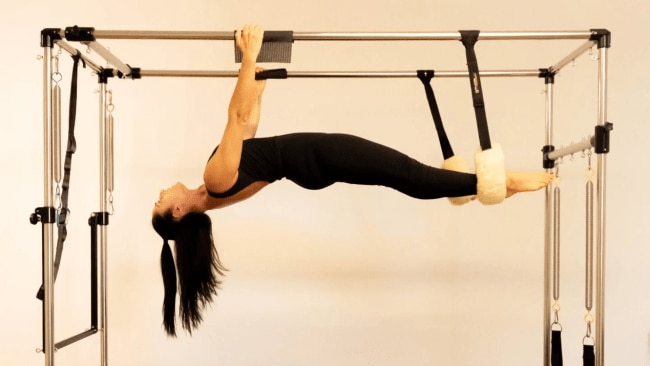Doc Holiday answers your questions about accessible travel
Escape's travel expert Doc Holiday answers your top questions about travelling by land, air and sea when you or a family member have a disability.
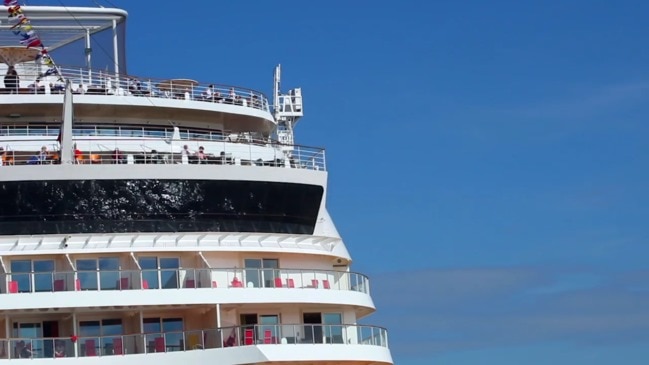
Lifestyle
Don't miss out on the headlines from Lifestyle. Followed categories will be added to My News.
There’s nothing that gets me excited about travel quite like reading emails from those who share my passion – doubly so when it’s an email from a reader who refuses to let disability get in the way of their next great adventure.
Given the number of emails we’ve received on this topic, we’ve put together our first Doc Holiday Special Report on it, with each question representing some of the most commonly asked.
My wife and I are in our late 60s and looking at taking our first cruise. What will accessibility on these ships be like? Will I struggle with a wheelchair?
How are you looking for 2026 and beyond? I ask because although cruise ships offer accessible rooms, they are limited and tend to book up quickly. If you wanted something a little earlier, all hope is not lost. Although most modern ships have at least a dozen or more wheelchair-friendly rooms, your best bet is to look at the newer vessels of cruise lines such as MSC (which offers the greatest number of accessible cabins of any cruise line), Royal Caribbean, Celebrity Cruises, Princess Cruises and Holland America Line, which all feature at least a couple of dozen. As a rule of thumb, the newer and larger the ship, the more wheelchair-friendly its rooms and public spaces will be.
I’m assuming you have a rough idea of where you’d like to go, but I urge you to take a close look at itineraries of interest, noting the ports where the vessel is docking, whether tenders are to be used at any point, and if any accessible shore excursions are offered.
Royal Caribbean, for example, offers a range of accessible shore excursions across northern Europe, the Mediterranean, the Caribbean and Bermuda, as well as a vast variety around Australia. MSC Cruises also has a solid range of accessible shore excursions in ports across the globe.
Chat to the cruise lines before you book and remember there’s also the option of organising private shore excursions through operators such as Accessible Tours and Accessible Experiences. If you’re cruising in Europe or the Caribbean, Sage Traveling lists over 300 accessible tours in more than 60 destinations.
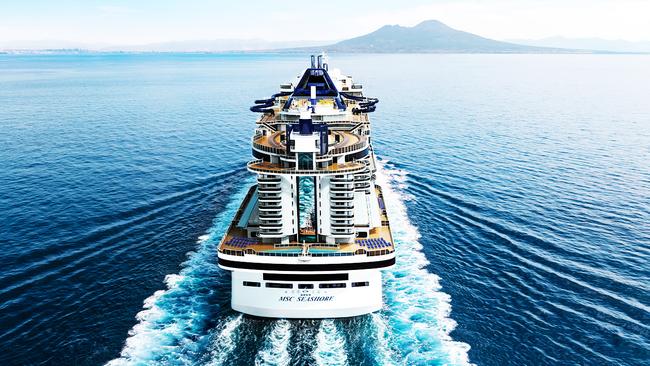
Can you recommend any tour companies designed for vision-impaired travellers? My mum is still fit and healthy and we would love to treat her.
What a lovely thing to do. Yes, I’m happy to say that the number of tour operators specialising in flipping the term “sightseeing” on its head is expanding. If you’re thinking of keeping things domestic, look at Cocky Guides, the country’s leading small-group tour operator for blind and low-vision travellers, as well as its offshoot, Sensory Tourism Australia, which is all about showcasing multi-sensory experiences of some of our favourite local destinations.
Further afield, Traveleyes attracts English-speaking travellers from around the globe, thanks to its vast range of holidays in Europe, Africa, Asia and the Americas. Best of all, sighted companions can travel at up to 50 per cent off the advertised fare.
Be sure to also check out Seable, which offers both tailored and group tours, as well as Tapooz Travel, which lets you tailor each trip to suit a traveller’s needs.
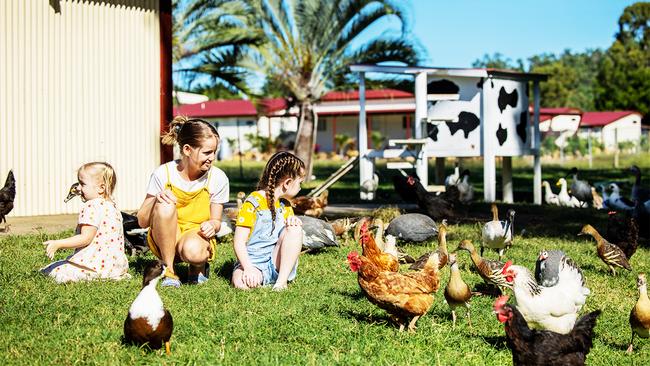
I’ve taken charge of organising our multi-gen domestic holiday, but my niece has cerebral palsy so I’m confused about where to start, or even look. Can you help?
How wonderful it is that you’ve put your hand up to organise this.
I was recently in the Whitsundays where I discovered that Big4 Adventure Whitsunday Resort is the perfect place for families with additional needs. Not only does it have brand-new accessible condos that can sleep up to eight, many of the resort’s activities are accessible too (it even has a sensory room with weighted blankets, textured cushions and a multitude of toys for those who need time out in a quiet space). It isn’t only this particular property that’s accessible; Big4 Holiday Parks has a wide range of accessible options all around the country so be sure to have a look.
I was chatting with Julie Jones, creator of the excellent Have Wheelchair Will Travel, and she mentioned she has enjoyed a stay at Ultiqa Signature at Broadbeach. Julie also said the City of Gold Coast Accessible Visitor Guide has lots of fantastic information that could help you out with your research.
Also check out Accessible Accommodation, Travel Without Limits and ClubMates Travel, which specialises in putting together group tours and individual itineraries for travellers with disabilities.
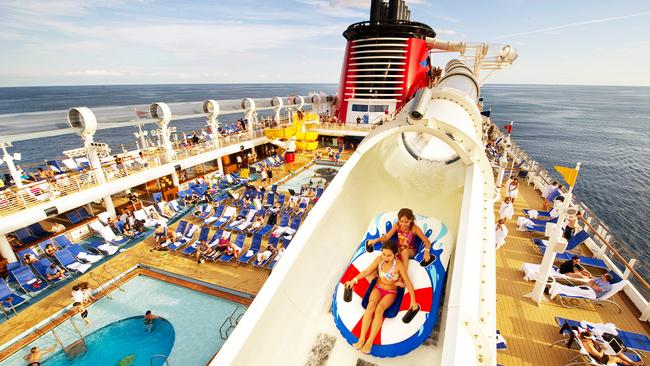
We’d like to try cruising, but would you recommend this style of holiday for a neurodivergent family?
Large cruise ships can often leave you feeling drained and overwhelmed. The good news is that cruise lines are increasingly rethinking and expanding their offerings to be inclusive of all families, so provided there’s some careful packing and planning on your part, you shouldn’t have too much of a problem.
Royal Caribbean is leaps and bounds ahead, offering initiatives not only for those with autism, but with other developmental disabilities such as Down’s syndrome. These include sensory toys and films in the kids’ club, which has specially trained staff, dietary options, priority embarkation and disembarkation, as well as the Autism Channel, an on-demand channel on board with exclusive content.
Disney Cruise Line, Norwegian Cruise Line and Carnival Cruise Line also excel in this area, but don’t forget that opting for a smaller, quieter ship where the focus is on the great outdoors and wildlife can also work. For this, I’d recommend looking at cruises offered by the likes of Hurtigruten and Lindblad Expeditions.
As well as the choice of cruise line, be sure to book a cruise that falls in a quiet period (you don’t want to be overwhelmed by the summertime South Pacific crowds come January, for example), and consider booking a shorter taster cruise first to see how you go. The last thing you want is 10 nights of distress if you find your kids hate cruising.
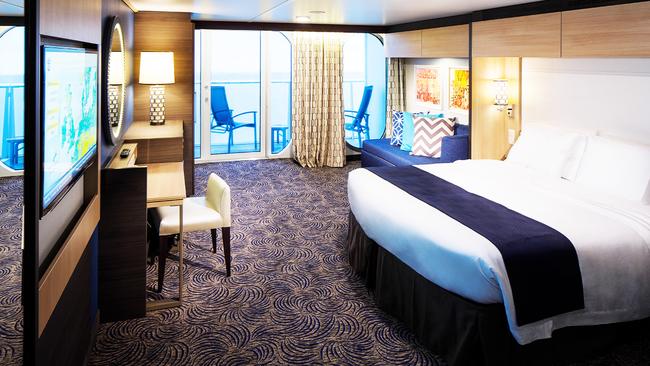
How difficult is it to get adequate travel insurance if you have a disability? Do I need a specialised policy?
I can only give you general advice here as policies can vary between insurers, particularly when it comes to which conditions/disabilities they’ll cover. Most insurers consider disabilities to be pre-existing medical conditions (broadly defined in the travel insurance industry as an illness or injury you’ve had symptoms of or received medical travelment for), and provided you disclose the ins and outs of said condition to your insurer, you shouldn’t require a specialist travel provider. Many will cover travellers with limited mobility, cognitive impairment or vision or hearing impairments, but in some cases this may come at an extra cost. Contact the insurer before you buy a policy – some conditions are assessed on a case-by-case basis.
An issue that often comes up is the single-item limits insurers apply to cover (usually between $750 and $1000 per item) – not so great when you need to travel with a specialised item worth much more. Some insurers will allow you to increase your limits if you pay a higher premium, but you could also opt to insure the item separately. Wheelchairs, mobility scooters, prosthetic limbs and hearing aids are all items that tend to require additional cover.
For specialist disability travel insurance, look at AllClear.
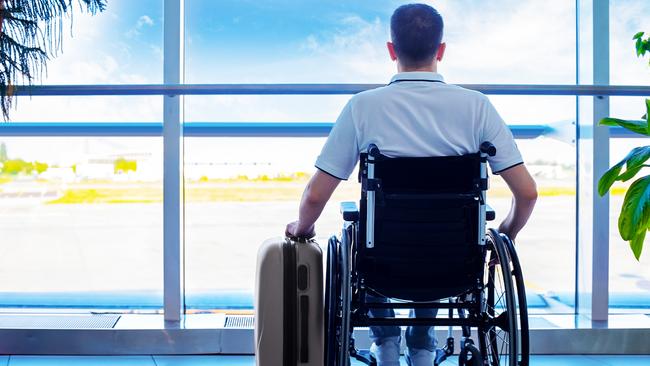
We’d like to book a domestic holiday (our first since my husband’s accident last year). How helpful are our airlines with wheelchairs?
Your anxiety is understandable, and while no airline is perfect, you’ll be pleased to know the Australian government recently committed to developing an Aviation Disability Standard setting out requirements for airlines and airports to improve accessibility.
For now your best bet is to contact the airline to discuss your husband’s needs before you book your flight. While most airlines have an aisle wheelchair available across the fleet (with the exception of narrow-body aircraft) many are now using the eagle lifting frame to transfer passengers from wheelchairs to aircraft seat.
Unfortunately readers have written in to say staff across many airlines appear unfamiliar with the lift, while others mention that not all airports will have a tarmac lift, so it’s crucial to get an understanding of what facilities are available on the flight you’re looking at booking, as well as at your destination.
Can you recommend an accessible car hire company?
There are plenty of car hire companies across the country that offer a fleet of accessible vehicles. Blue Badge Insurance Australia lists 16 options, and includes tips to consider before booking. Just note you’ll have to book your car well in advance. Hertz, Europcar and Wheelies Van Rental will get you started.
Originally published as Doc Holiday answers your questions about accessible travel




